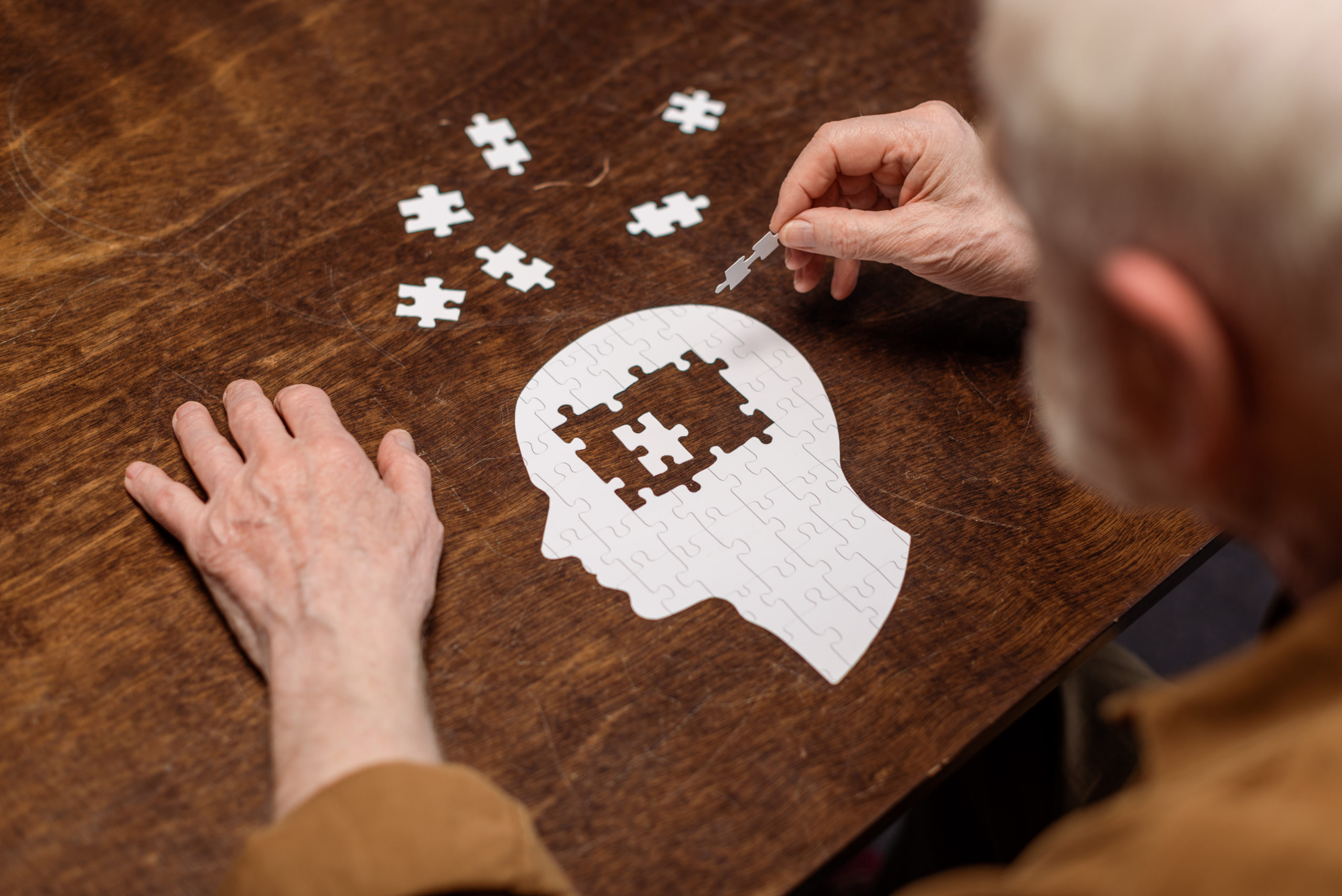When a loved one develops dementia, it can be difficult for the entire family. Someone you deeply care about slowly forgets who you are, and they become increasingly confused and possibly irritable. It is an emotionally draining and difficult transition for the adults, let alone the children. Your teen may feel sad, confused, and angry that this person who was a huge part of their life now looks at them blankly. Your teen may take it personally and think they can make their loved one remember them.
Here are some ways to help your teen understand and accept when a loved one develops dementia.
Be understanding of your teen’s emotions.

Don’t tell your teen they need to grow up or act like an adult. Don’t minimize their hurt and pain. Don’t assume they are old enough to understand and process what is happening. Give your teen space to feel and process their emotions. Allow them to speak openly and honestly without judgment even if some of the things they say seem harsh. For example, your teen may insist they don’t care about their loved one anymore. Don’t say anything to shame them for feeling this way. Keep in mind that creating an emotional separation may be their way of protecting themselves from the pain they are really feeling.
Explain to them what is happening.

Dementia is a difficult thing to fully understand. Provide a simple but clear senile definition, and then explain what that exactly means. Explain the symptoms they can expect to see and the progression of what is going to happen. Explaining everything clearly and honestly can help your teen mentally and emotionally prepare for what is coming. Help them understand why this may be happening so they don’t fear that everyone they love will eventually go senile. Their loved one may have a disease like Alzheimer’s disease or Parkinson’s disease, or they may have a tumor or mental illnesses causing the increased mental impairment.
Set them up with a mental health professional.

Let your teen talk to a mental health counselor. There may be things they are scared to say or ask in front of you because they are being mindful of your feelings and how hard the situation may be for you. They may not know what they think or feel, and they need a professional to guide them through the process of recognizing their thoughts and emotions. Sometimes, it may be helpful for the whole family to get counseling together to better understand how each member of the family is being impacted by the changes. Watching someone you love drift away into dementia can be heartbreaking for everyone.
Help them through major life changes.

When your teen is experiencing the mental and emotional chaos of trying to understand a loved one’s dementia, don’t expect them to be focused on other areas. For example, if your teen is preparing for college, they may forget deadlines or get easily confused or frustrated with the amount of paperwork that needs to be completed. Set them up with online college counseling to help them through the process without making them feel like they are failing. An online counselor can help them with the admissions process and any obstacles they face in the process, help create college plans, answer general questions, and offer a personal connection during the process.
Dementia is a very difficult diagnosis for the patient and everyone who loves them. While dementia is not terminal, the person with it loses all or most of their memories. They stop recognizing the people around them. Eventually, they lose the ability to care for themselves. They need to be fed, dressed, and guided through the day. They will require round-the-clock care, and it often leads to caregiver exhaustion. Helping your teen understand will also help you better understand and process what is happening.




